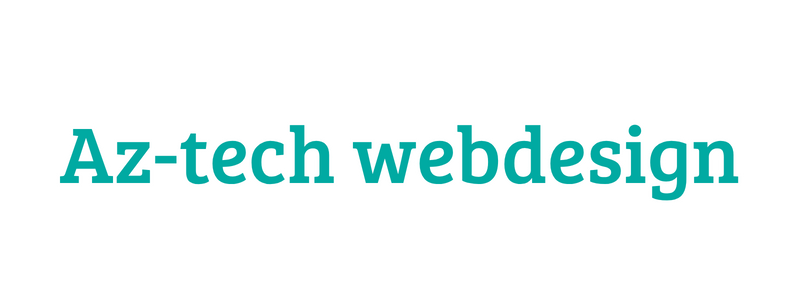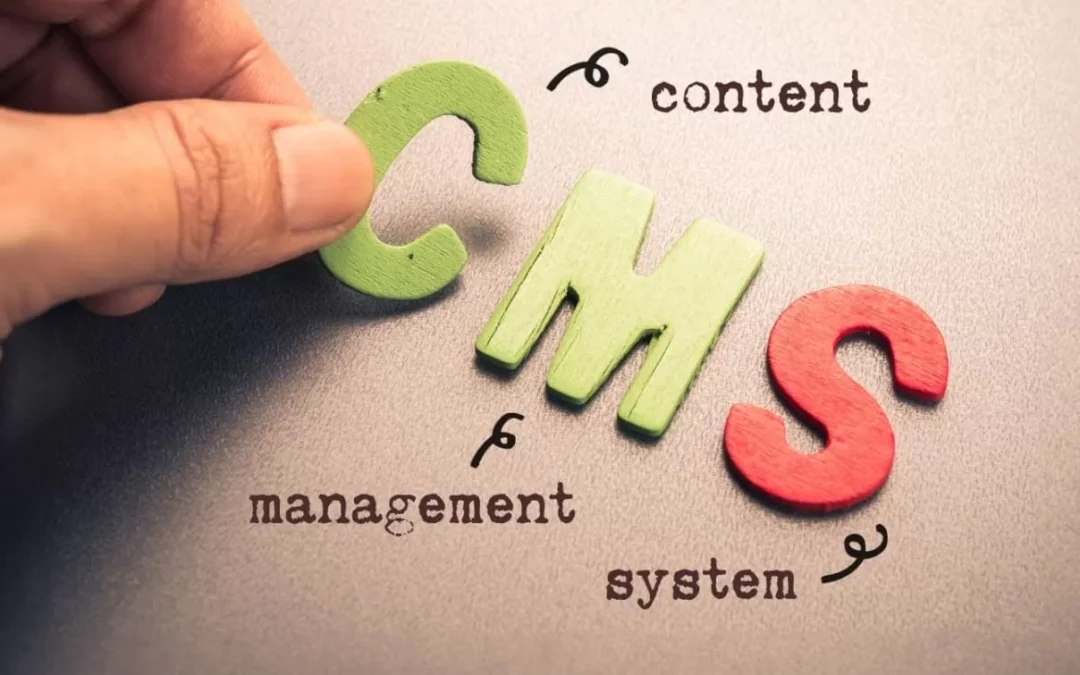Technology is growing at a lightning-fast speed, and you want to stay afloat. As such, building a career in web design has never been more handy. But that comes at a cost, starting with understanding crucial terms like cms.
CMS is one common and very crucial term you’ll come across in web design. We’re concerned with your interests to learn about CMS and we’ll even go a notch higher to let you know the features, benefits, and the process of picking the right CMS.
Read on to learn more.
What Exactly is a CMS?

CMS is the abbreviation for content management system. As the name suggests, a cms enables you to create, edit, store, and publish on a website without coding.
As you can imagine, this software is a handy tool for different types of people dealing with content, such as copywriters. If you’re a business owner, or manager, a CMS comes in handy in managing what you display on your sites.
More Interestingly, CMS aren’t limited to one role. You can use them to accomplish the following tasks:
- Build websites. You can use cms to create your portfolio, forums, and online communities etc.
- Create mobile apps. You can use it to update and publish your app’s content without using your app’s codebase.
- Manage content. You can use cms to schedule and upload content on your website.
Common Types of CMS Platforms
There are two main types of cms platforms, including open-source cms and proprietary CMS.
Open-source CMS
Downloading an open-source CMS like WordPress or Magento will cost you no dime. Also, you won’t spend on license or upgrade costs with this cms platform.
However, you may have to pay for:
- Technical support you get during installation
- Any customization requests you make to extend the software before the core offering
- Premium templates, plugins, and add-ons
- Staff training
- External support like the regular updates
Proprietary CMS
A proprietary CMS is a commercial software under the management of a single firm. If you go for proprietary CMS, you’ll have to pay for:
- License fee to use the software
- Monthly or yearly fees for maintenance or updates
You may also have to cater to costs for training, upgrades, customization, and ongoing user or technical support.
Popular types of proprietary CMS include:
- Shopify
- Kentico
Core Features of a CMS

An effective CMS must have all the core features to allow you to perform all tasks enabled by this software. As such, it must have the content creation feature, having all the necessary tools for writing, editing, storing, and publishing content.
A high-end CMS must also allow you to tweak content into different formats to appeal to your audiences effectively. After crafting, storing, and editing content, you also need to access it at ease. As a result, an ideal CMS boasts a classic digital asset management feature.
This lets you store content in one place in a consistent fashion, so that you can find, use, and reuse it. A quality CMS software also requires a user-friendly interface and output feature to let you remove content without coding.
Benefits of Using a CMS
Web development couldn’t be easier than it is with a CMS. Whether you’re a business owner or a social media enthusiast, there’s a feature to up your game with a CMS. You no longer require extensive tech knowledge to create and manage a website.
CMS lets you set-up a website with just a few clicks. So, you can run your website as you gain extensive coding knowledge. Other than that, CMS enriches your website usage with the following:
- Frequent updates to help your site maintain up-to-date features
- SEO-friendly features that help your site rank on SERPs
- Developer and community support to sort issues and help with technical functions you might not be able to handle
- Plugins and add-ons to extend your site’s functionality
Choosing the Right CMS
Being a popular software, CMS platforms are many, and it might be daunting to find the perfect one on your own.
Whenever you’re looking for the right CMS, we recommend you to familiarize with your current and future needs first. It’s easier to locate your ideal software with a list of needs at your fingertips.
You must also evaluate each CMS platform based on its support, licensing, security, accessibility, and training. Weigh various costs, such as the necessary training required to get your staff ready and update the software to meet your business needs, against your budget.
The planning phase on the costs and features may take time, but it’ll help you land in a CMS system that will accurately meet your business or individual needs.
Conclusion
Whether you’re a business owner looking to create a website for your marketing, or a web development enthusiast, CMS has something special for you.
With little or no coding knowledge, you can now use CMS to create and manage a website. List your needs and compare them to various offers to locate your go-to CMS today.

